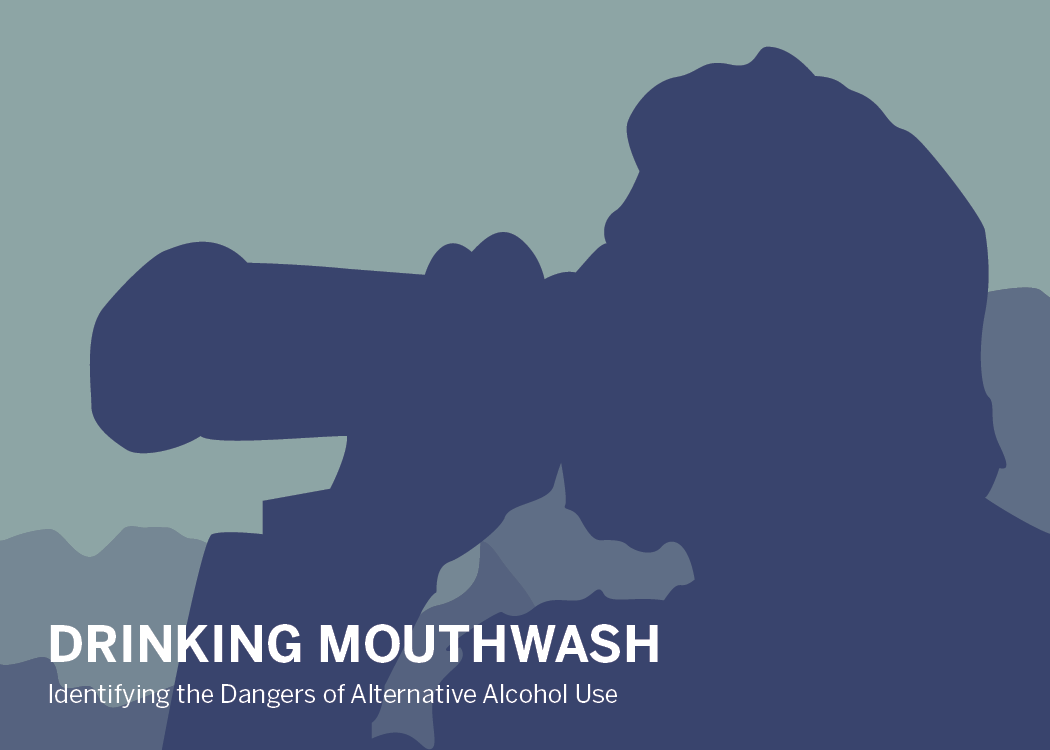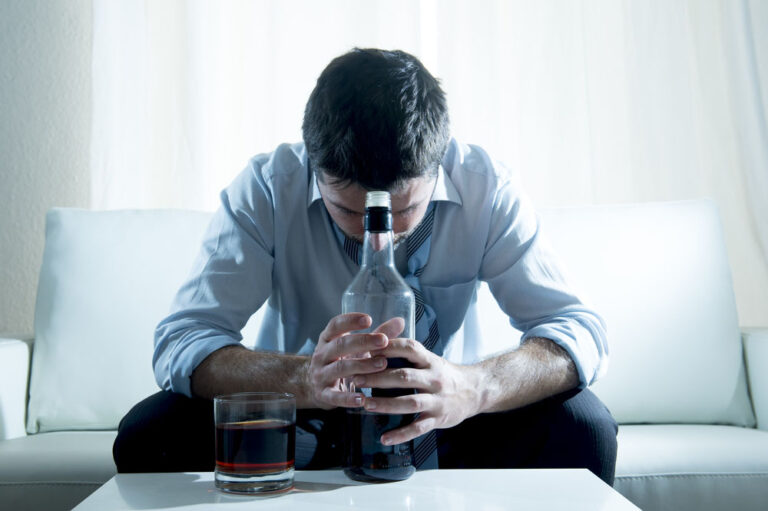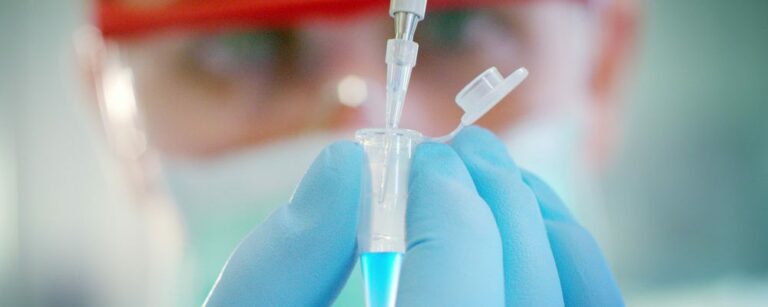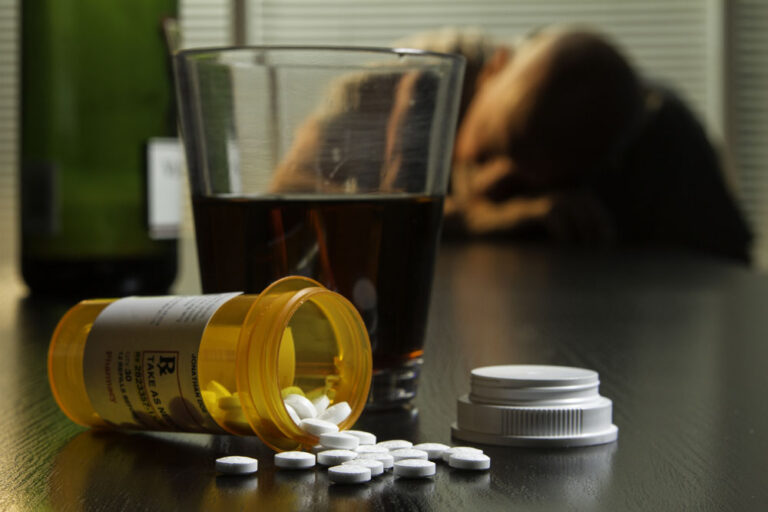Why Drinking Mouthwash Is Bad For You
For people struggling with alcohol use, drinking mouthwash may seem like a way to hide their addiction or even to continue experiencing the intoxicating effects of alcohol while in active treatment or recovery.
Mouthwash can be obtained in far more places than alcohol and is usually cheaper. Another big factor to consider is that those under the age of 21 can purchase mouthwash, so the possibility of children drinking mouthwash to feel intoxicated is a definite worry.
It might seem harmless since you can buy it at basically every grocery store, some gas stations, and hotels sometimes give it away for free. There are a lot of things to keep in mind though, so let’s take a look at why drinking mouthwash is bad for you.
Can Drinking Mouthwash Get You Drunk?

There are different types of mouthwash that use different types of alcohol, but the most common ingredient that leads to intoxication is ethanol, also called ethyl alcohol. Drinking enough of it can make someone intoxicated, plus due to the relatively high amount of ethanol in mouthwash, it can happen quicker than when compared to the amount of alcohol in certain beers and liquors.
Aside from the effects of the alcohol content, however, there are many concerns to take into account when discussing drinking mouthwash.
For instance, since mouthwash is not intended to be drunk at all, it contains ingredients that can do more damage to a body than the alcohol may.
What to Know Before Your Drink Mouthwash to Get Drunk
The U.S. National Library of Medicine lists four main ingredients that can lead to mouthwash overdose, which is one of the main worries for drinking mouthwash.
The ingredients are:
- Hydrogen peroxide
- Chlorhexidine gluconate
- Methyl salicylate
- Ethanol (ethyl alcohol)
Someone who has turned to drinking mouthwash may be convinced it is a safer alternative to drinking alcohol, but as we see from the list above that couldn’t be further from the truth. On top of their potential alcohol use they could be dealing with the toxicity of ingesting dangerous ingredients.
Mouthwash Overdose Is Real – People Need Treatment Help
Talking about mouthwash overdose is not just a way to scare someone away from drinking mouthwash. Using mouthwash as directed is not dangerous but when someone begins drinking it, a lot of dangerous possibilities come into play.
There are a long list of symptoms that may develop when potentially experiencing mouthwash overdose.
Due to the use of hydrogen peroxide, chlorhexidine gluconate, and methyl salicylate, a person who has overdosed on mouthwash may experience stomach and/or chest pain, diarrhea, accelerated heartbeat, vomiting, throat pain, and even something as serious as falling into a coma.
As you can see, the problems can add up quickly and end with a dangerous medical emergency. If someone has drank mouthwash and is experiencing any of these symptoms you should call 911 or the Poison Control Center.
Drinking Mouthwash to Get Drunk Instead of Standard Alcohol
In most situations, drinking mouthwash to get drunk is going to be something those struggling with alcoholism are doing while in recovery at a treatment facility or hospital. By drinking a mouthwash that has a mint flavor or scent they can continue to hide their addiction, since it will be harder to smell alcohol on their breath.
They may be drinking mouthwash to maintain what their body has come to feel is “normal,” after long periods of drinking alcohol daily.
The important thing to remember is that alcohol addiction is not something to be taken lightly, especially when detoxing from a serious alcohol addiction.
Similar to dealing with potentially toxic side effects of drinking mouthwash, there are serious health concerns when detoxing from alcohol in general. This is why quitting “cold turkey” is rarely recommended and is particularly discouraged for those with a long-term alcohol addiction.
Most likely, someone who has resorted to drinking mouthwash is in a very serious struggle with alcohol addiction.
Standard Withdrawal Symptoms From Quitting Drinking Alcohol
Someone going through alcohol withdrawal may experience several symptoms, some of which are even life-threatening. This is why a medically supervised detox process is recommended.
Most commonly, someone detoxing from alcohol will experience tremors. Usually this is most noticeable in the hands, which will shake as if the person is cold. Tremors can be accompanied by other symptoms like accelerated heart rate, higher blood pressure, sweating, vomiting, intense nightmares, or insomnia.
Three particularly dangerous symptoms can happen for those dealing with long-term alcohol use.
Hallucinations: These can last as long as two days after they begin during detox. Common hallucinations are small objects, such as coins or insects, but other small and moving objects have been reported as well.
Seizures: Doctors report seizures may begin anywhere from six to 48 hours after a final drink before detox and are generally spread over the course of an hour. It’s not uncommon for someone to experience seizures through 24 hours at the beginning of their alcohol detox.
Delirium tremens: These are the most dangerous of alcohol withdrawal symptoms. Doctors report the usual appearance of delirium tremens (DTs) between two and three days after the final drink before detox, but also have seen the symptom show up after a week.
A life-threatening withdrawal symptom, DTs result in rapid shifts in breathing and circulation, and drastically affect the body’s ability to control its temperature. Other effects of DTs include temporarily reducing blood flow to your brain, which can lead to stroke, or increasing your blood pressure dramatically, which can lead to heart attack.
None of these symptoms should be dealt with without medical supervision. When going through inpatient recovery at Shadow Mountain you will experience 24/7 care from compassionate professionals. We make sure you are never alone, both physically and emotionally.
Call Shadow Mountain and Tell Us How We Can Help
We’re a recovery center set up to address your unique needs with alcoholism treatment. If you’re ready for evidence-based treatments that are alternatives to 12-step programs, we’re ready to start the process with you. Give us a call at 505-657-2117.









